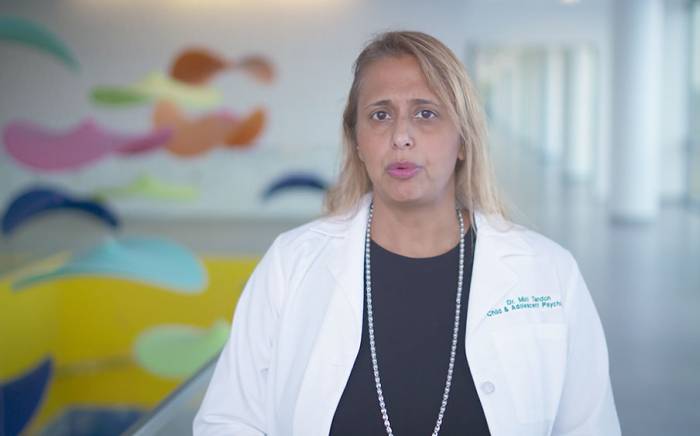Yoo-hoo® or Sunkist® (orange soda)—which has more caffeine? Most would be surprised to know that an orange beverage, such as Sunkist, has 40mg of caffeine while the chocolate-flavored drink Yoo-hoo contains no caffeine. If this surprises you, the following information about caffeine will better equip you to make healthier choices for your child.
Caffeine is a drug because it has an effect on the body. It acts as a stimulant, which means it speeds up the brain and nervous system. This isn’t a bad thing for older generations that need a little pick-me-up, but what effect is it having on our kids? Headaches, jitteriness, difficulty concentrating, irritability, increased heart rate and elevated blood pressure are all side effects that can occur when caffeine is consumed in excess. Caffeine’s effects are dependent on body weight and tolerance. This puts younger children at greater risk. The smaller the body and the less exposure to caffeine, the greater the effect it has. It takes up to six hours for caffeine to be released from the body through urine, so side effects may last up to six hours.
We are facing a rising number of children diagnosed with ADHD (attention deficit hyperactivity disorder). Large doses of caffeine can impact attention span for children, especially those who have already been diagnosed with ADHD. Besides decreasing attention span, caffeine also can cause muscle tremors, nervousness and difficulty sleeping. All of these impact a child’s ability to interact effectively while at school.
Caffeine also takes a toll on a child’s physical health. Caffeine can act as a diuretic (causing loss of fluid) and lessen appetite. Decrease in appetite and increase in urination can cause kids to become undernourished and dehydrated.
It would be wise to keep your child’s intake of caffeine to a minimum. The United States does not have recommended guidelines for caffeine intake in kids, but Canadian guidelines for children ages 12 and under recommend a maximum daily caffeine intake of no more than 2.5 milligrams per kilogram of body weight. Based on average body weights of children, this means a daily caffeine intake of no more than:
- 4–6 years 45 mg/day
- 7–9 years 62.5mg/day
- 10–12 years 85mg/day
*Those recommended maximums are equivalent to about one to two 12-ounce (355 ml) cans of cola a day.
The best recommendation would be to stay away from caffeine altogether if possible. One of the best ways to remove caffeine from your child’s diet is to not offer it at all. Eliminate soda by offering water, milk or flavored seltzers. For an occasional treat, suggest decaffeinated soda or tea.
The next time your child seems irritable or nervous, think back over the day and determine whether a significant amount of caffeine was consumed that day. Every child responds differently to caffeine depending on exposure. Not every child can handle the same amount of caffeine, so evaluate each child accordingly. Fun alternatives will be a great way to encourage less caffeine intake. Your child might actually like and start to prefer the decaffeinated beverages.
This article was written by Courtney Moore, RN, an Answer Line nurse at St. Louis Children’s Hospital.







